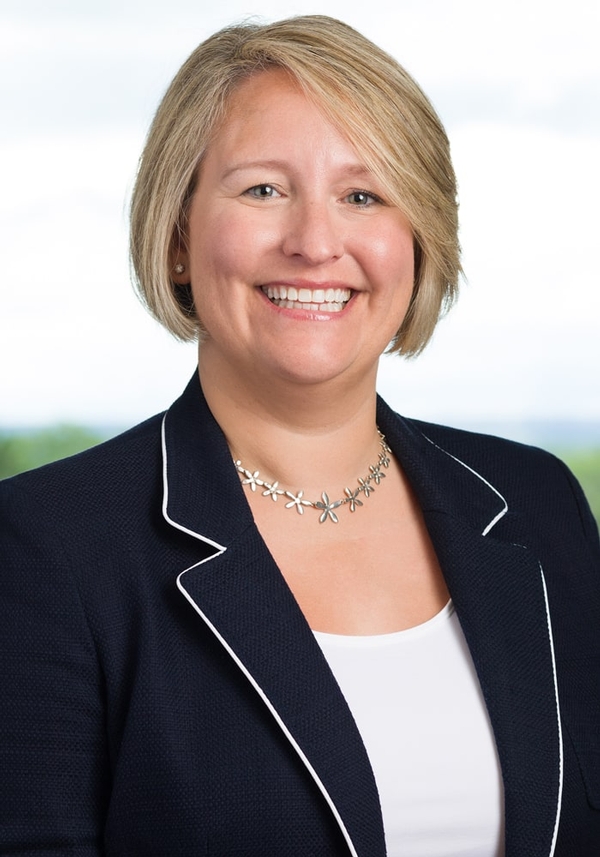Jun 18, 2021
New Law Requires Boards of Education to Provide Qualifying Adult Students with an Additional Year of Special Education Services
Governor Murphy signed legislation which provides qualifying adult students with disabilities one additional year of special education and related services. Contrary to some reports, this law does not create an automatic entitlement to an additional year of special education services.
To qualify, the student must turn 21 years of age during the 2020-2021, 2021-2022 or 2022-2023 school year and the student’s IEP Team, which includes the adult student or their legal guardian, must find that the student requires additional or compensatory programming. As reported by the Governor during his June 16th press conference, it is estimated that over the three years, the new law will impact approximately 8,700 students “who may not have had the full set of transitional skills & job training that they need for adulthood.”
During the recent press conference, Governor Murphy stressed that this new law is “a very specific three school year reaction to the pandemic” that may cost “up to approximately $600,000,000.” While the law requires that local school districts fund the additional services by utilizing federal money issued in response to the pandemic, such as the CARES Act, CRRSA Act, and American Rescue Plan Act, the law does provide that if the federal funds do not cover the expense of the additional programming the State is required to reimburse school districts for their costs. The governor advised in his signing statement that the law will be funded entirely through the American Rescue Plan State Fiscal Recovery Fund because, according to the New Jersey Department of Education, the State is unable to fund the provision of these services through any means other than federal dollars.
For those 21-year-old students who missed out on job training, community-based instruction, or transition services that could not be provided during remote and hybrid instruction, an IEP meeting should be convened to discuss whether additional or compensatory programming is needed. It is premature to determine whether additional or compensatory services will be needed for students who do not age out of special education programming until the 2021-2022 or 2022-2023 school year, but teams should be prepared to discuss this issue at Annual Review IEP meetings.
This temporary change in special education law will certainly be a challenge for districts to implement prior to the end of this school year, as well as over the next two years. Our team of special education attorneys are always here to assist your administration and child study teams in navigating this new law. We will also continue to monitor any developments or legal decisions issued in response and provide you further guidance as it becomes available.
DISCLAIMER: This Alert is designed to keep you aware of recent developments in the law. It is not intended to be legal advice, which can only be given after the attorney understands the facts of a particular matter and the goals of the client.

